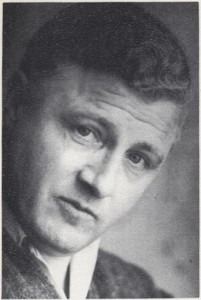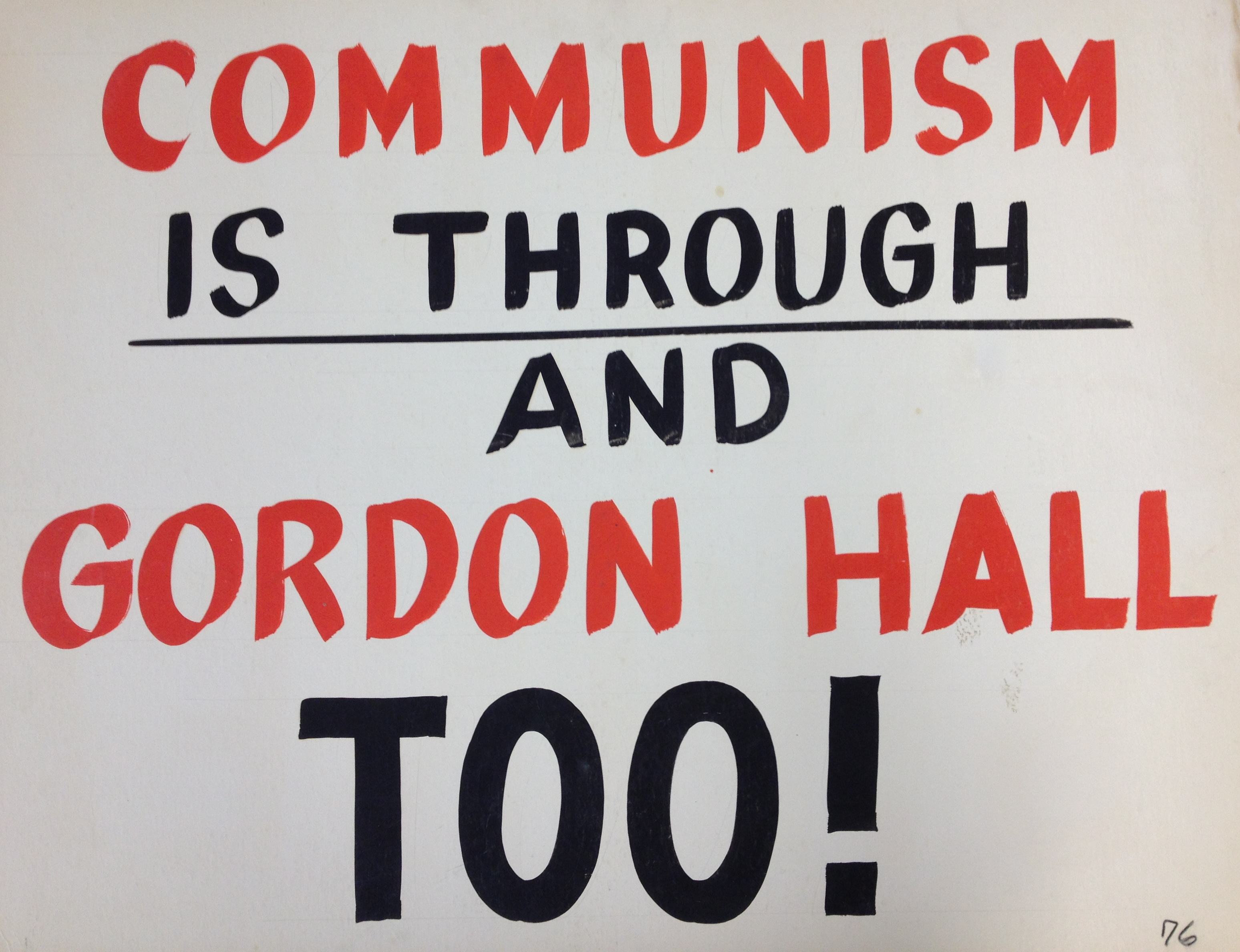The Hall-Hoag Collection Database
The Gordon Hall and Grace Hoag collection of dissenting and extremist printed propaganda focuses on printed organizational literature, often ephemeral, some for circulation among adherents and others used to proselytize. The collection consists largely of pamphlets and leaflets, with smaller numbers of photos, audiovisual items, manuscripts, and monographs published by individuals and organizations representing a spectrum of social and political viewpoints ranging from the far-left to the far-right. These entities include the following broad categories: culture, education, environment, gender, international relations, government, labor, media, non-extremism, politics, publishing, race, religion, sexuality, social issues, students, and violence/militarism.
Project Background: Part I and Part II

Part I Categories
The classification categories for Part I of the collection were assigned by Gordon Hall. These original 99 topical categories represent 5,500 entities (168,000 items), which were processed and organized by Hall prior to the collections donation to Brown University. Only those entities processed from Part I are searchable under the Part I categories.
Part II Categories
Part II materials were organized by Brown University staff. Gordon Hall and Grace Hoag developed a detailed, ideological classification system that reflects their unique analysis of organizations that could not be replicated by the Brown staff for Part II of the collection. Therefore, a schema of 17 broad classification categories was created for grouping purposes. Each of the narrower categories from Part I fit into one of the broad categories created for Part II. All of the collection entities are searchable under the Part II broad categories.
History
The collection began when Gordon Hall, a young veteran of the Pacific Theatre during the Second World War, first encountered the printed propaganda issued by domestic hate-your-neighbor organizations/groups in the late 1940s.  He supported his investigations and research of these organizations by giving public lectures about them. Materials from all corners of the country were collected, enabling him to document statements made in lectures as well as in a growing number of expository articles written for newspapers and magazines.
He supported his investigations and research of these organizations by giving public lectures about them. Materials from all corners of the country were collected, enabling him to document statements made in lectures as well as in a growing number of expository articles written for newspapers and magazines.
Grace Hoag, an alumna of Smith College, began collaboration with Hall during the 1960”s, assisting the research and investigation and expanding the collection beyond its initial emphasis